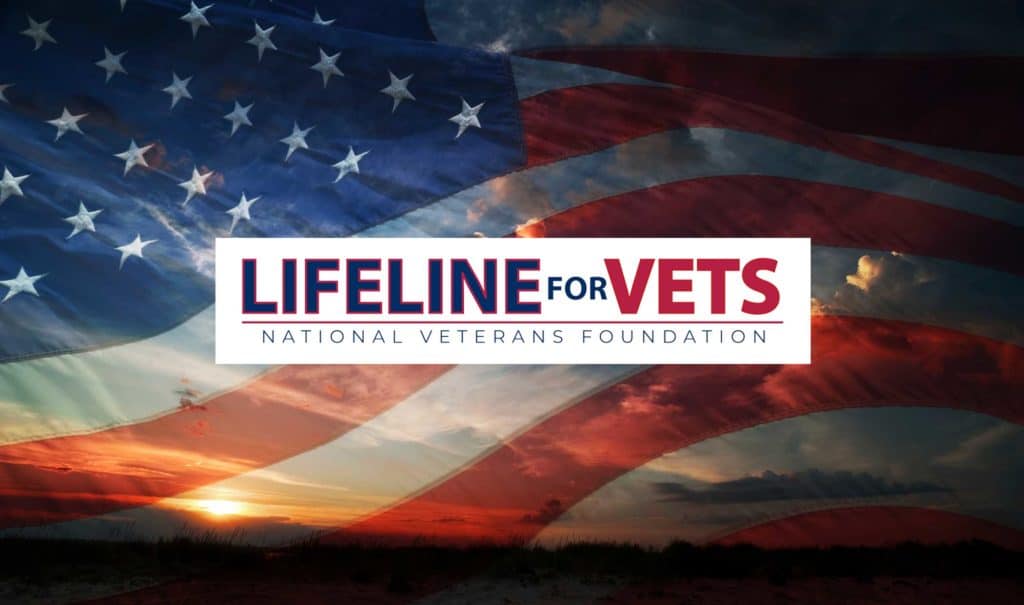The Long Struggle of Vietnam Veterans with PTSD
It has been over 40 years since the Vietnam War ended, but sometimes the passage of time alone is not enough to solve the problems that have haunted our returning service men and women. Vietnam veterans with PTSD are a group that is not keen on sharing their problems with others. Two related studies of the long-term effects of PTSD in Vietnam veterans have sparked debate on the mental health issues that service members have to cope with in a combat zone.

From the photo collection of veteran Frank Spady, Vietnam door gunner.
The latest study, published in JAMA Psychiatry and conducted at the New York University Langone Medical Center, found that over 270,000 Vietnam veterans have “current full PTSD (Post-Traumatic Stress Disorder) plus subthreshold war-zone PTSD, one third of whom have current major depressive disorder.”
The study was conducted by using a self-reporting health questionnaire and telephone interview from July 2012 through May 2013. The study sample used almost 1,500 of the over 2,300 National Vietnam Veterans Readjustment Study (NVVRS) participants. Of the original participants, over 500 had died between the first and second study.
A continuing struggle
The original NVVRS results were published in 1988 and found that current Vietnam veterans with PTSD accounted for 15 percent of the 2.7 million Americans who served in the war. Over 30 percent of the study participants had reported effects that were classified as PTSD at some point during the 15 years since the war ended.
The new study, named the National Vietnam Veterans Longitudinal Study (NVVLS), interviewed 1,450 of the original participants and found that 11 percent of the men who participated continue to show the symptoms of PTSD and 9 percent of the women met the criteria of being a Vietnam veteran with PTSD.
The results suggest that if PTSD is going to go away, it will do so relatively quickly. People who overcome PTSD tend to do so early during the disorder. If it isn’t overcome early, the disorder becomes a chronic condition for sufferers.
The media shines a light on Vietnam veterans with PTSD
There have been recent media attempts to highlight the ongoing struggle of Vietnam veterans with PTSD. Both Time Magazine and the Los Angeles Times have run compelling and insightful news stories about the results of the NVVLS study.
“An important minority of Vietnam veterans are symptomatic after four decades, with more than twice as many deteriorating as improving,” said Dr. Charles Marmar, leader of the NVVLS research team to Time Magazine.
“Policy implications include the need for greater access to evidence-based mental health services; the importance of integrating mental health treatment into primary care in light of the nearly 20 percent mortality [rate of participants of the study],” he continued.
Continuing the study of PTSD
The importance of early detection and treatment to prevent the disorder from becoming a chronic problem cannot be overstated for the mental health of all veterans, not just Vietnam veterans with PTSD.
The conclusions of the study have been criticized for relying on questionnaires and not using clinical studies to support the findings. The information, however, is valuable even if the results are overstated. Four decades is a long time to suffer from a mental health issue that wasn’t understood when the study began.
Both of these studies have been important stepping stones in discovering the long-term effects of PTSD, not only in Vietnam veterans, but also in the veterans of both Gulf Wars and Afghanistan. Although the understanding and treatment of Vietnam veterans with PTSD has been a long-term process with setbacks and breakthroughs, the information gathered will help all veterans of current and future wars.
If you are a veteran with PTSD and need help, please call our Lifeline for Vets at 888.777.4443.
Sources:
JAMA Psychiatry: Course of Posttraumatic Stress Disorder 40 Years After the Vietnam War. By Charles R. Marmar MD and others (https://archpsyc.jamanetwork.com/article.aspx?articleid=2398184)
Veterans Administration: National Vietnam Veterans’ Readjustment Study Report (https://www.ptsd.va.gov/professional/research-bio/research/nvvrs-docs.asp)
Time Magazine: More Than 200,000 Vietnam Vets Still Have PTSD, by Mandy Oaklander (https://time.com/3967590/vietnam-veterans-ptsd/)
Los Angeles Times: PTSD continues to afflict Vietnam veterans 40 years after the war, by Alan Zarembo (https://www.latimes.com/nation/nationnow/la-na-nn-ptsd-vietnam-20140808-story.html)
You can be a part of our mission to help Veterans by making a tax-deductible donation!
About the Author
SUBSCRIBE TO OUR BLOG AND NEWS!
By submitting this form, you are granting: NATIONAL VETERANS FOUNDATION INC permission to email you. You may unsubscribe via the link found at the bottom of every email. (See our Email Privacy Policy for details.)
Related Posts





